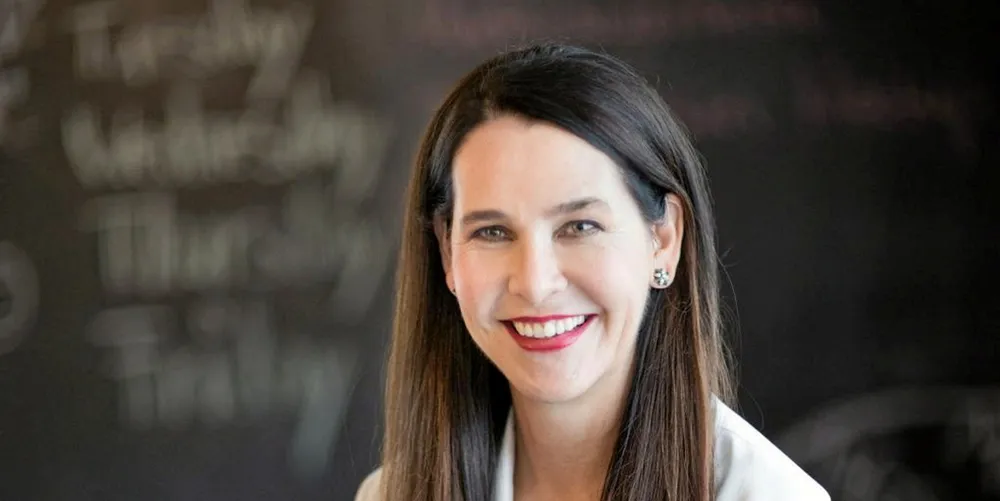Oil giant BP says partnerships crucial in global offshore wind push
Supermajor also not ruling out investments in green hydrogen technology, renewables chief says

Supermajor also not ruling out investments in green hydrogen technology, renewables chief says
